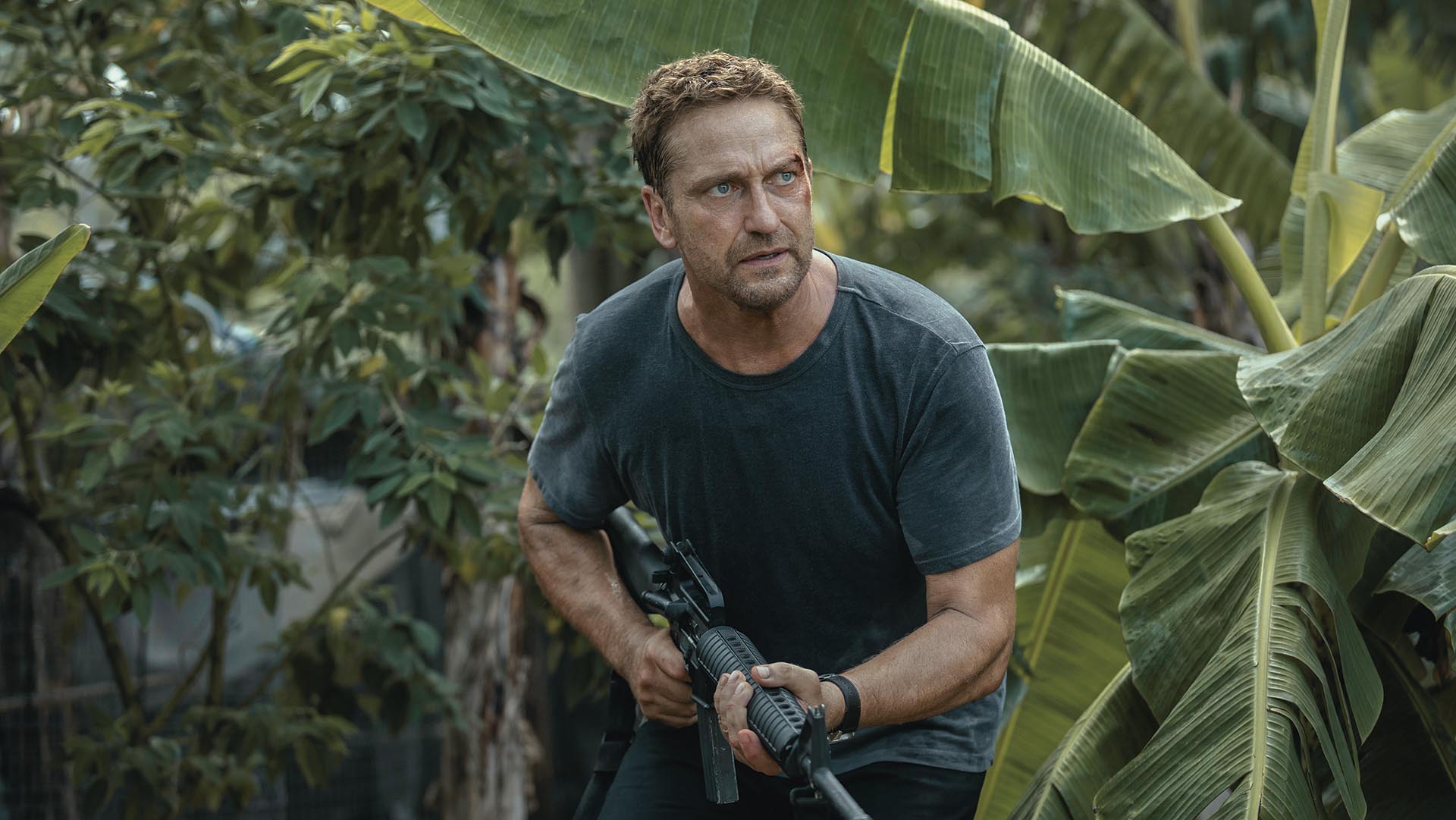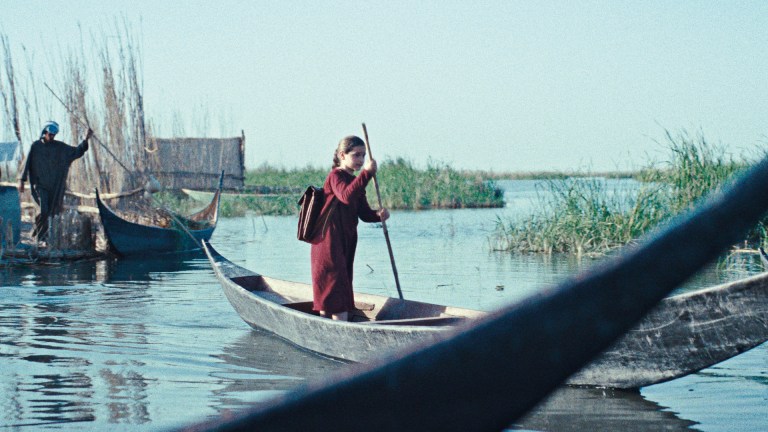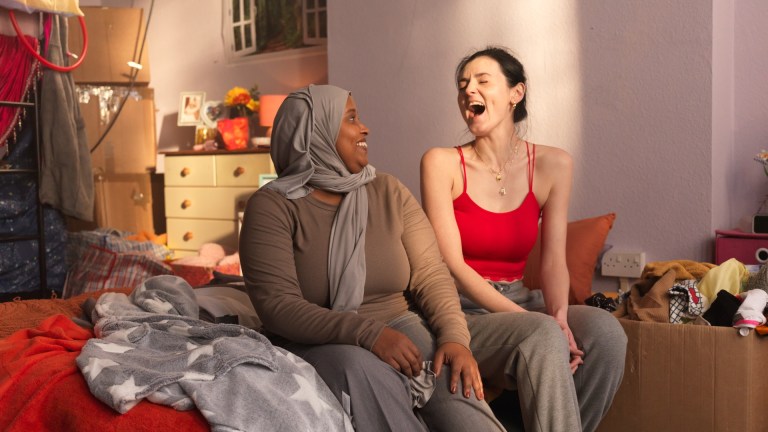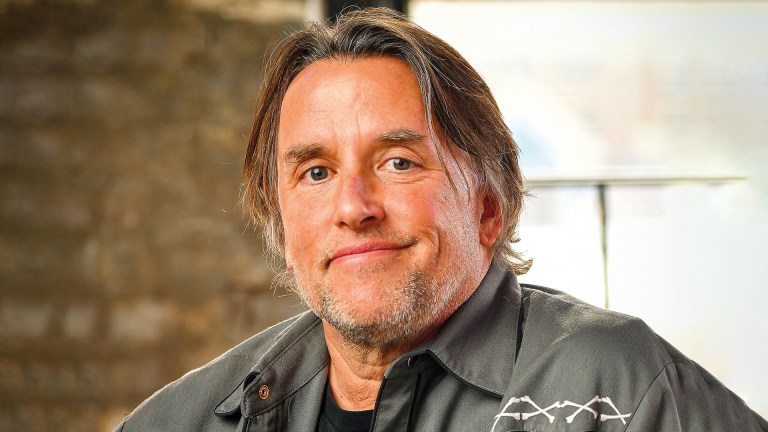This week sees the UK release of Steven Spielberg’s The Fabelmans, a knotty coming-of-age story in which cinema’s greatest showman gives us a peek behind the curtain. After decades of making blockbuster thrill rides and compelling dramas that connect emotionally with mass audiences, the multiple Oscar-winner has mined his fraught upbringing and first faltering film-making steps to craft a bittersweet monument to… and please imagine a masterful John Williams orchestral swell here… the magic of the movies.
This week also sees the UK release of Gerard Butler’s Plane, an unsubtle action thriller in which the fist-flying Scotsman stars as an airline pilot determined to protect his civilian passengers after crashing on to a militia-controlled island in the Philippines. After a long career of playing flawed but resolute dudes thrust into do-or-die situations, Butler has pretty much perfected his bristly, brawny screen persona. That’s why action-packed social media ads for Plane ludicrously trumpet the film’s “Big Gerard Energy”: because the producers know there is a loyal and potentially lucrative audience out there who get a kick out of Butler’s dependably ruckus-bringing brand.
Both these films coming out on the same day makes it easy to pit them against each other in a proxy war for the soul of cinema. It’s the award-winning career-capper versus a blandly titled, lowbrow shoot-’em-up. But as Spielberg himself would tell you, the real magic of the movies is that you don’t have to choose. You can just see both, particularly in rainy, overcast January.
I’ve always had a soft spot for the hardbodied Butler because I love to see a fellow Scot succeed in Hollywood, particularly if their original accent reasserts itself whenever they start shouting. Zack Snyder’s violent Spartan warrior epic 300 might have memorably introduced Butler and his gleaming six-pack to a global audience in 2006, but by then Gerry – I think of him as Gerry, and wince when US trailer voiceovers put so much emphasis on the second syllable of “Gerard” and make him sound posh – had already been plugging away for a few years.
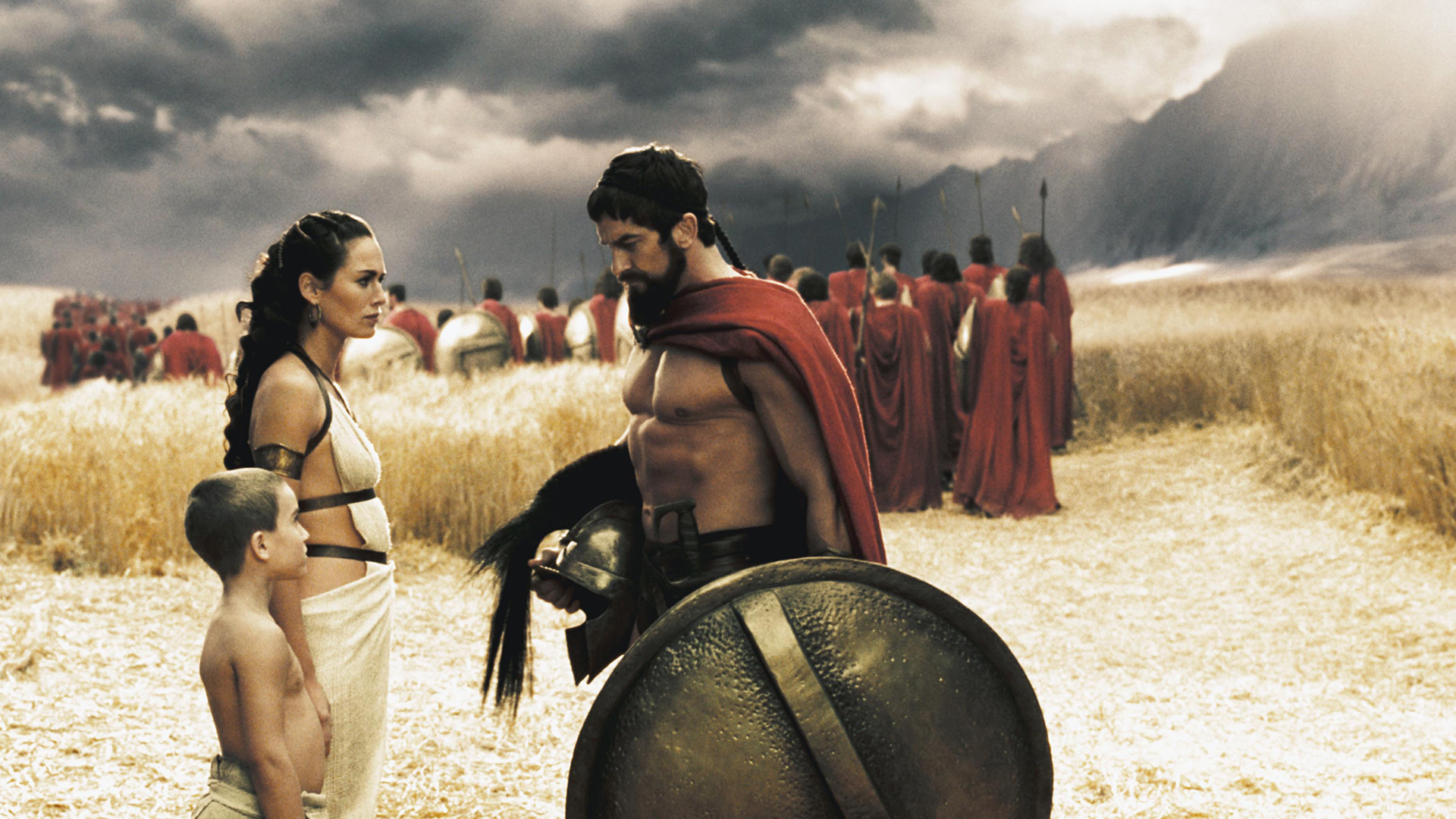
He enjoyably vamped it up as the title character in Dracula 2000 (hastily retitled Dracula 2001 when it came out in the UK the next year). In 2003 he managed to hold his own opposite Angelina Jolie as a buzzcut bad boy in her Tomb Raider sequel; in 2004, he was a Scotsman proudly showing off his pipes as the title character in Joel Schumacher’s lavish musical blancmange The Phantom of the Opera.
But after the bloodthirsty 300 became a surprise hit, Butler definitely levelled up. For a while, it seemed like Hollywood was determined to mould him into a bankable rom-com lead, casting him opposite stars like Jennifer Aniston and Katherine Heigl in a series of middling almost-hits that never seemed to click. Butler also invested his professional clout in more personal projects, like taking a swing at the serious biopic with Machine Gun Preacher in 2011 or living the rather stereotypically masculine dream of embodying a former Celtic, Liverpool and Scotland striker-turned-youth football coach being romantically pursued by Catherine Zeta-Jones, Uma Thurman and Jessica Biel in 2012’s mesmerically awful Playing for Keeps.
